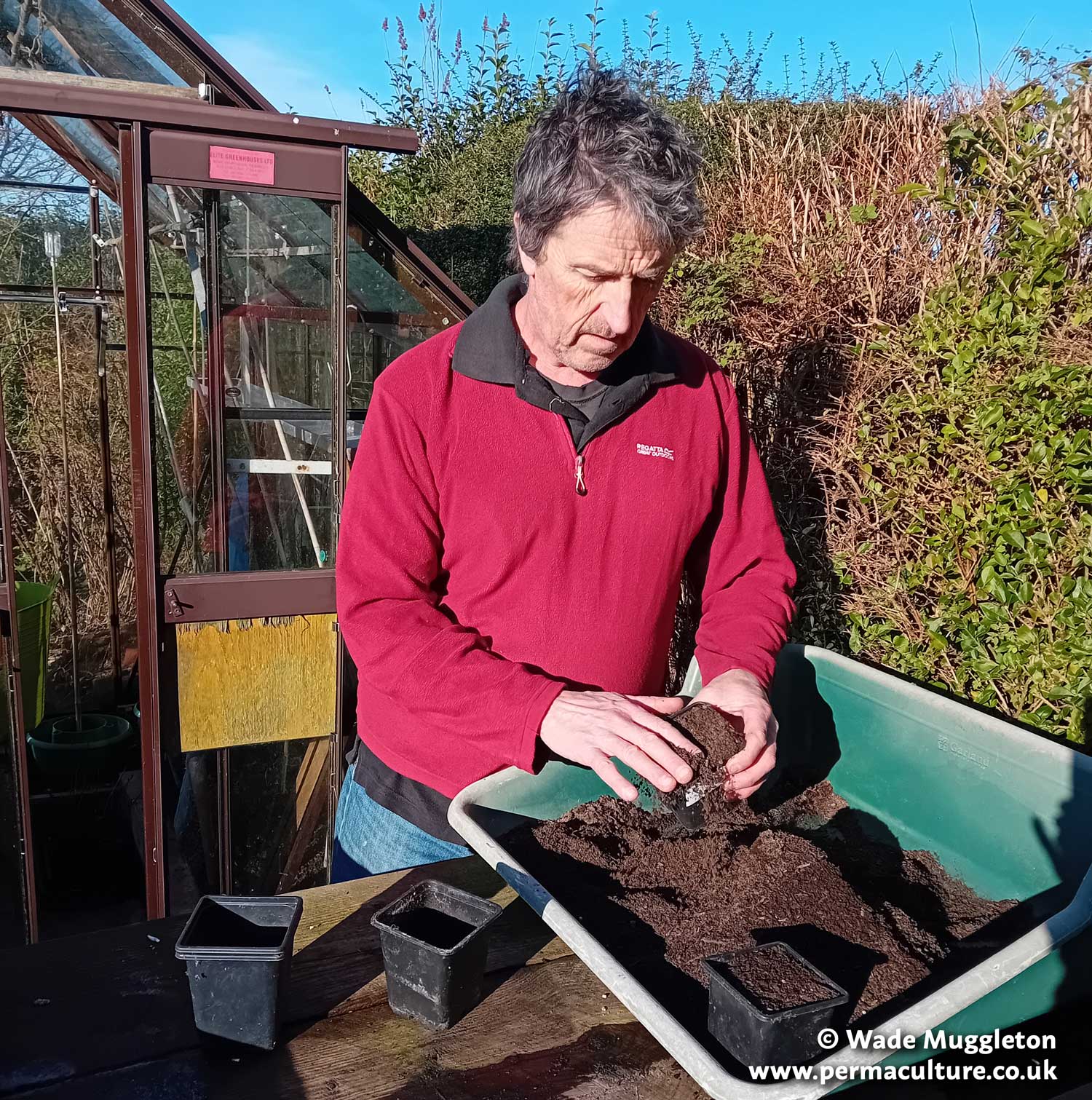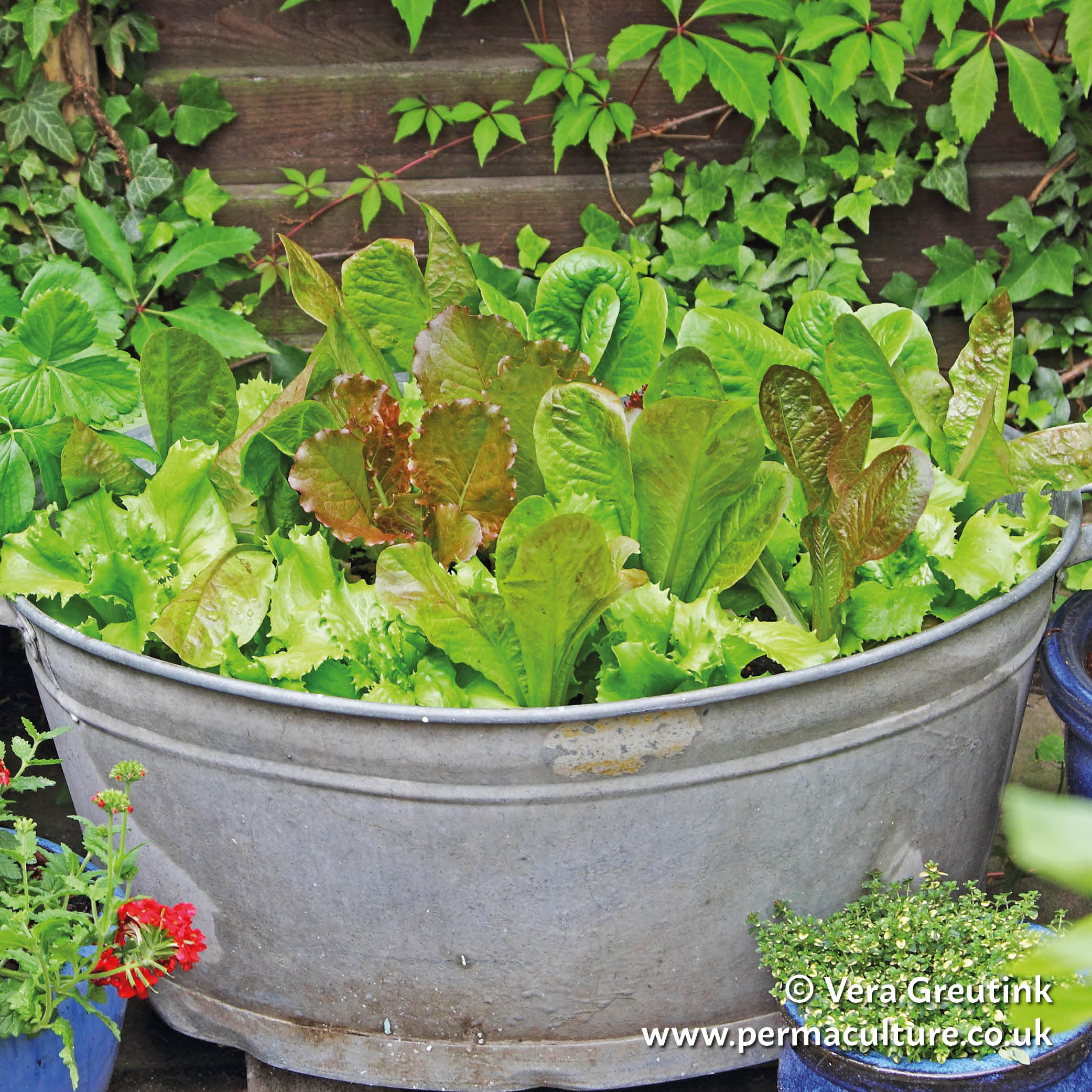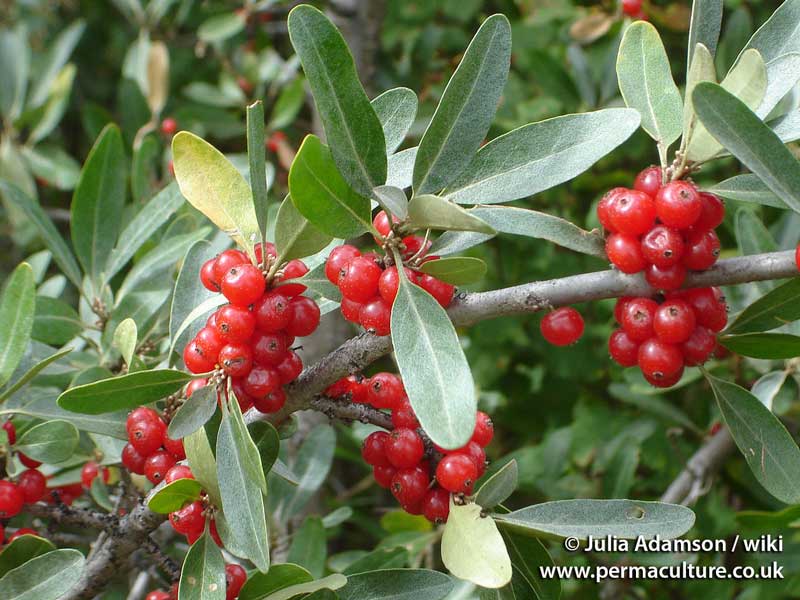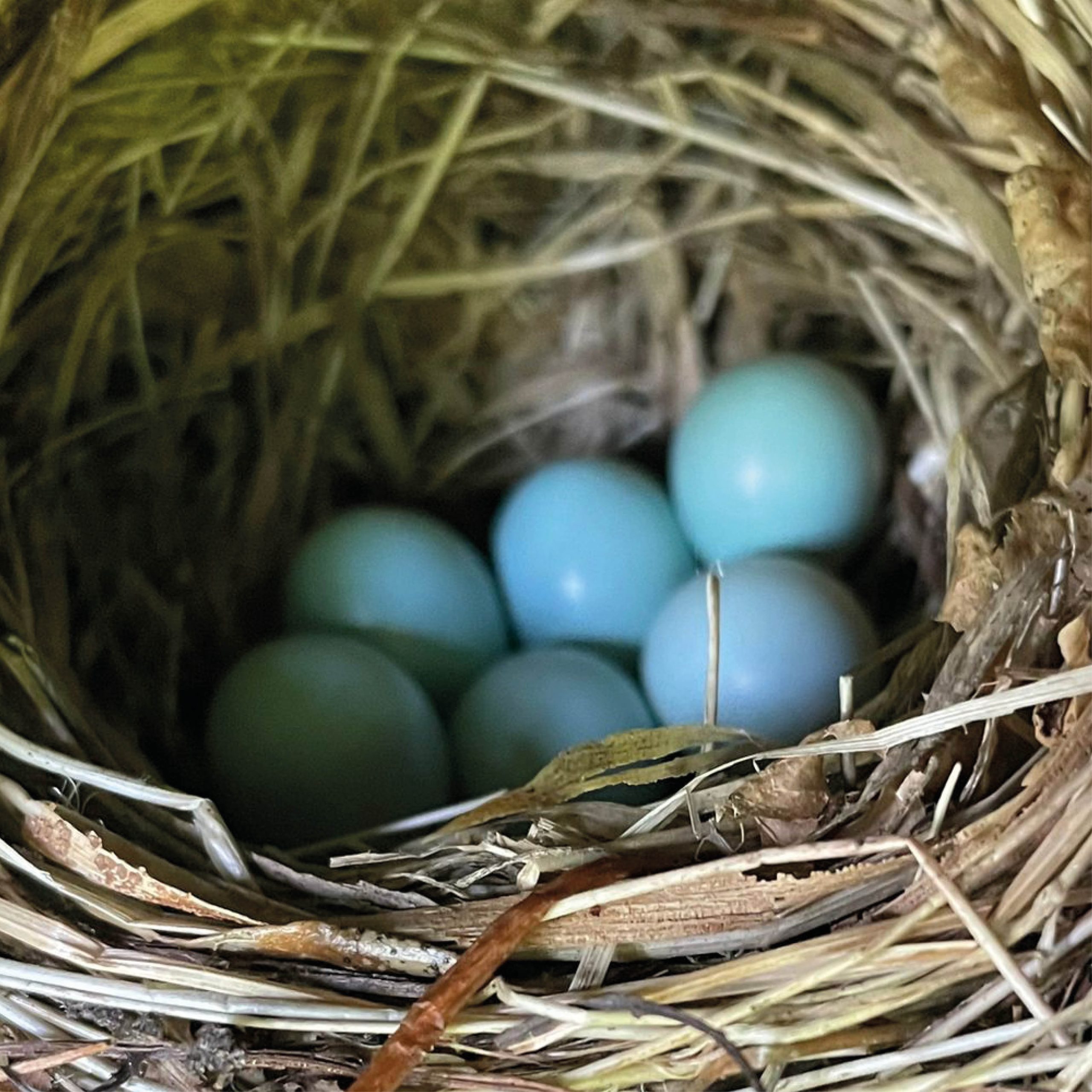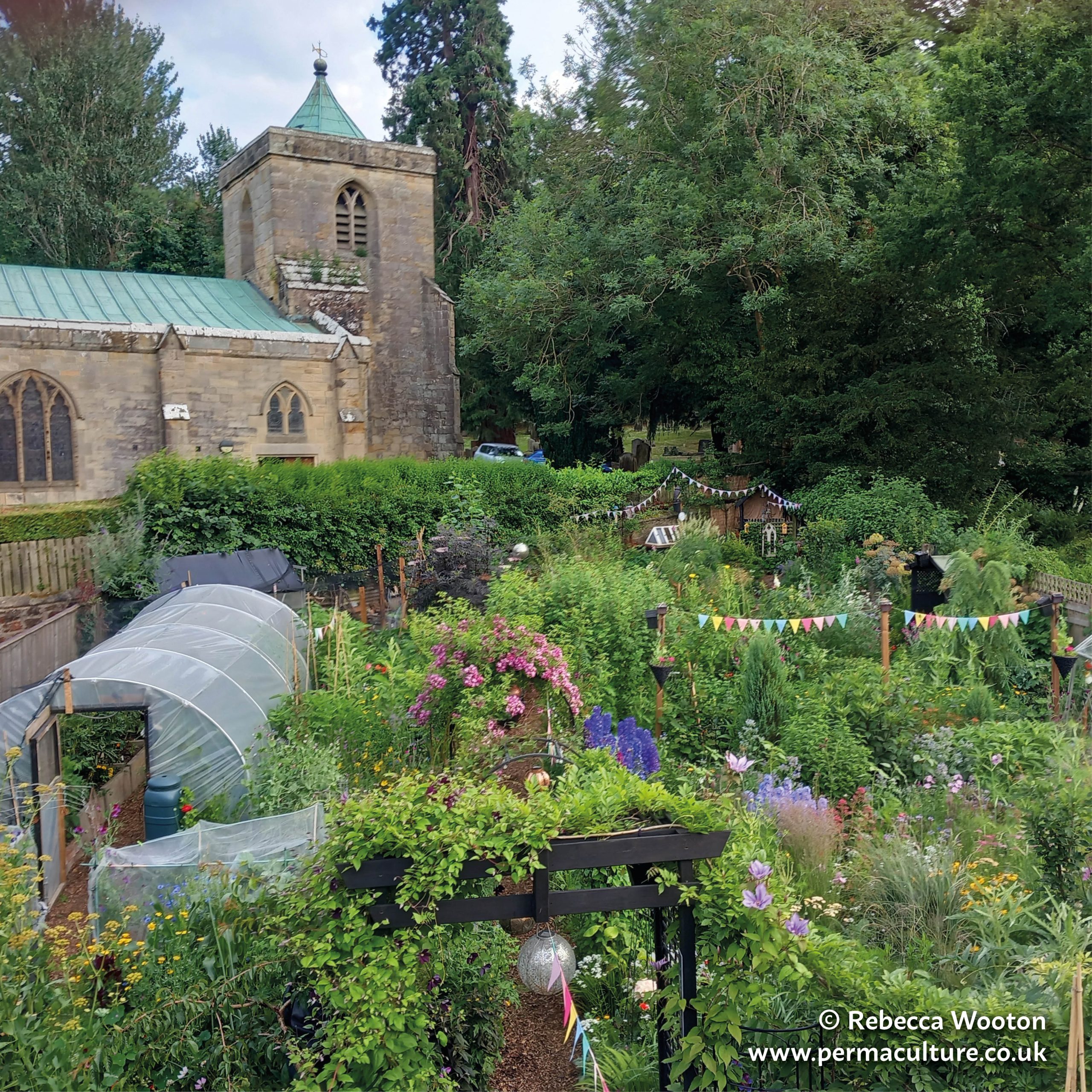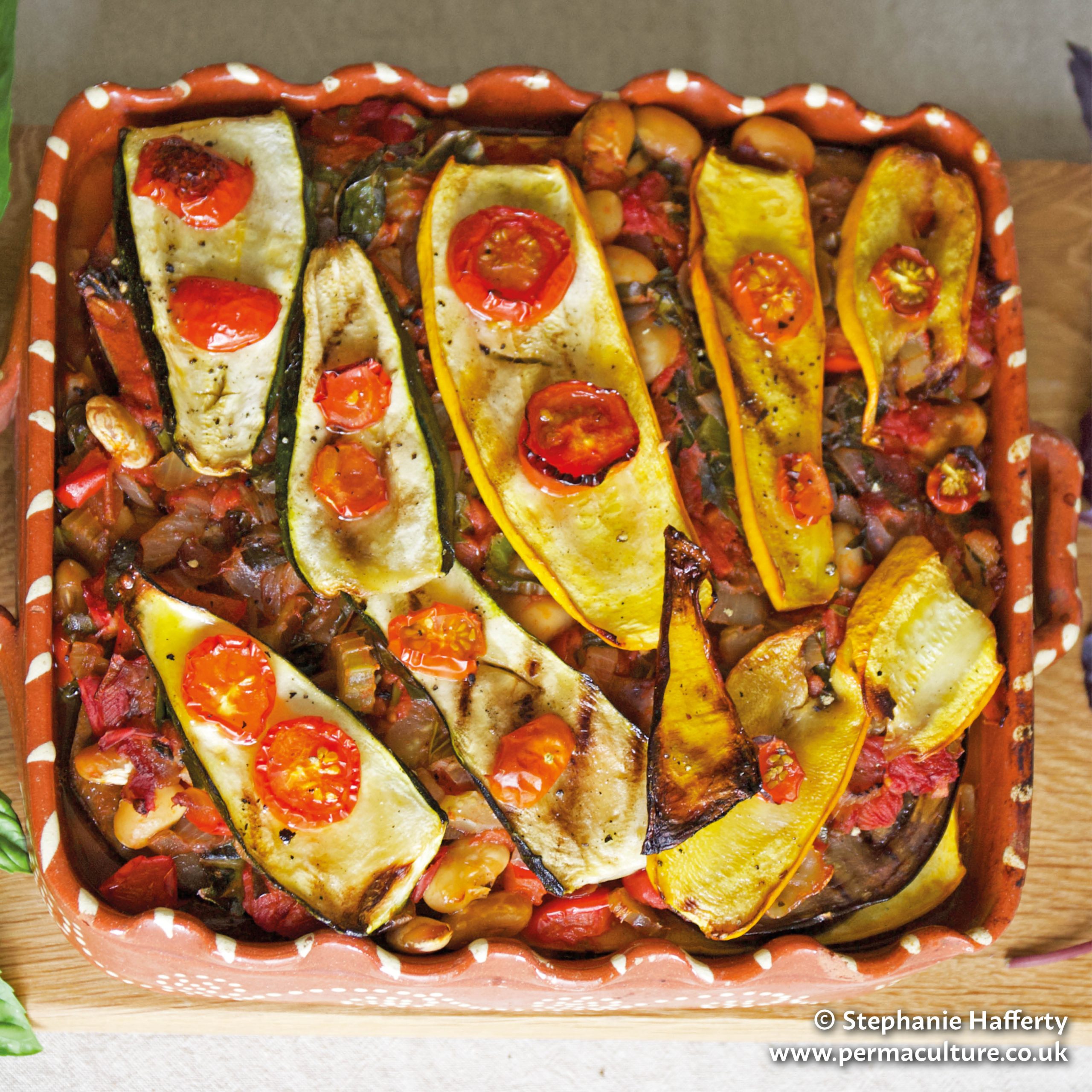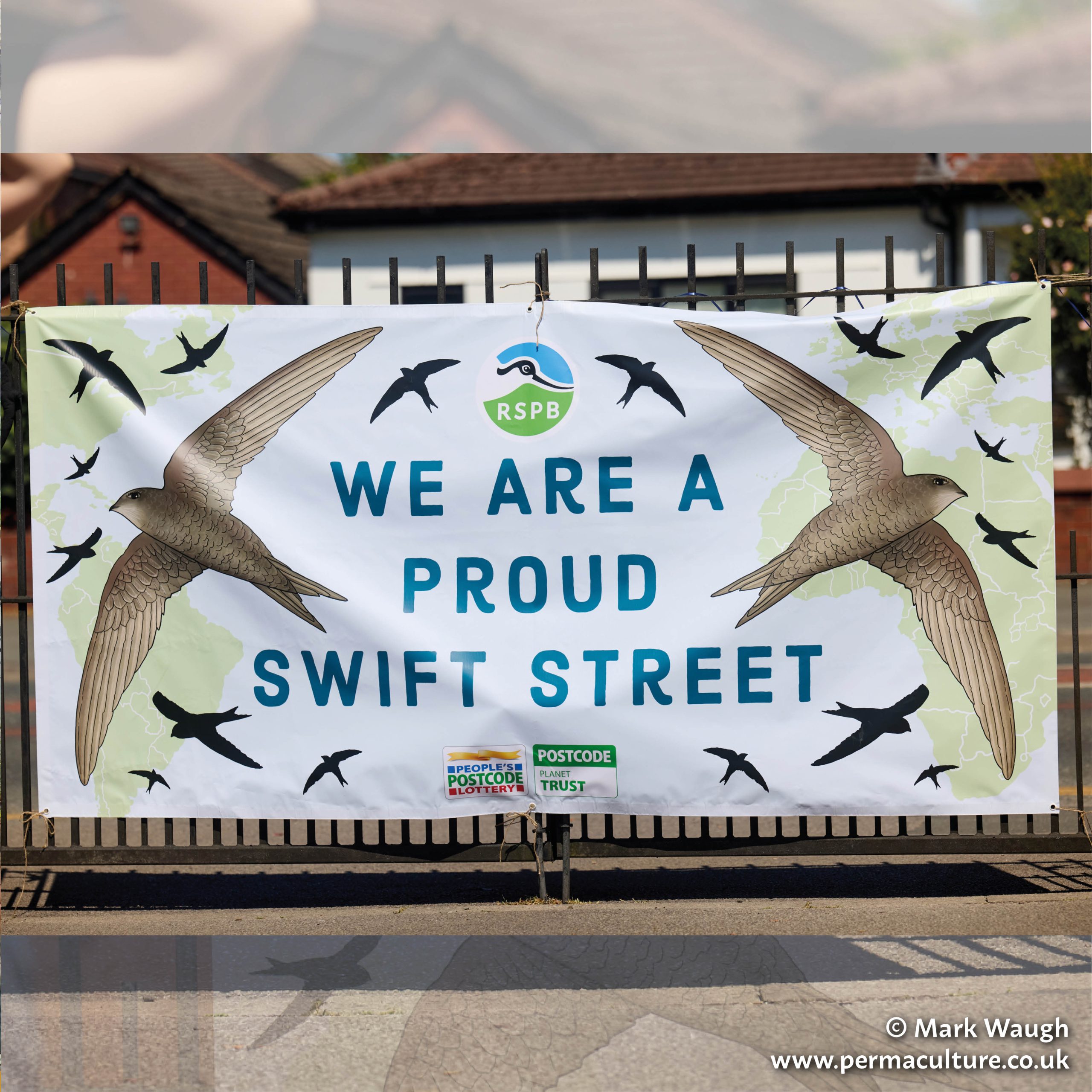All too often, our conventional systems are linear in nature, causing energy sinks which leak resources out of the system. For example, sewage leaches into rivers and oceans where it pollutes habitats and the nutrients which agriculture could re-use are lost. We need to make energy systems that are cyclical, reconnecting energy movements to keep them circulating within the system itself. For instance, we can direct sewage into artificial Waste Ecological Treatment (WET) Systems that remove all the contaminants and pathogens. WET Systems are planted with aquatic and marginal plants and the banks around them are stabilised by varieties of basketry willow. The willow is coppiced annually and used to weave living fences or sold to crafts people. At The Sustainability Centre this provides materials for courses and a small income for the Volunteer programme. The WET System is itself a nature reserve providing valuable habitat in the middle of a chalk downland where ponds are few and far between. So we literally take our waste and turn in it re-sellable resources by cycling it through a WET System.
On a household scale, many of us regularly create heat sinks during the winter when we dump warm water from baths and sinks and hot water from dishwater and washing machines down the drain. By running all the heated water into a holding tank, situated in even a small and inexpensive attached greenhouse of plastic sheeting, we can harness this wasted heat for the greenhouse and house. Once the water has given off its heat, the cold water in the holding tank can be emptied outside. Better still, it can be filtered and/or run through a reed bed and used for irrigation.
Another very simple energy sink is commercial waste. When we (Permanent Publications) moved to The Sustainability Centre in 1998 we decided not to pay for a waste collection because we wanted to run as low a carbon business as possible and we also wanted to see how difficult it is to recycle, compost or repurpose all of our waste. Kitchen waste is easy to compost, as is any biodegradable materials. We quickly set up glass, paper and clothes banks on the site for our local community as well as us. We reuse cardboard boxes and use excess cardboard to mulch our gardens. As a last resort we pay to recycle it. We shred paper and use it as packaging. We import corn starch wrappers to mail out Permaculture magazine (so far they have to come from Germany and are not manufactured in the UK). Any non-biodegradable packaging is reused. At the end of this cycle we are left with a small amount of materials that are not compostable or recyclable. We reluctantly add them to the waste stream. We have many awards as a company for our zero waste collection policy but really it is common sense. Why throw away materials and then buy them in to package products? Isn’t it better to cycle the resources in good permaculture style and practise Energy Cycling?
Information too is a powerful energy when it cycles in communities. We can begin an energy cycle, not by giving our information to other people, but by asking them for theirs. It is always better to listen first, speak later. Remember the principle of ‘Observe and Interact’?! When people find their information is respected and appreciated, they are likely to be interested in what information we have to offer them.
On a bigger scale, we cycle energy aka information in all our publishing work; in books, magazine issues, digital books, magazines, and of course on this website. Here we receive over 1,200,000 page views every year, that’s 60,000 unique visitors a month. We give away eBooks, features, videos, solutions, films and news on a daily basis. We ask you to share your energy too, by contributing information to this free pool of knowledge and also by telling other people that it is here. (We pay for this through our book and magazine publishing. We have yet to find a free printer and postal service!) Why do we do this?
We have been exploring practical pathways to creating a better world that we all intuitively know is possible but remains elusive. What will the world look like when we learn how to limit growth and live within our ecological means, mitigate climate change, live ethically, look after each other (eradicate global poverty, for example) and share resources not only with the rest of humanity but with the other kingdoms? We believe that our work at Permaculture is about offering hope to people and then backing this up with positive and practical examples from all over the planet to demonstrate that it is possible to change the world. We must not believe that we are powerless to effect change. We must believe that we can create a better, more abundant, biodiverse and ecologically stable world. And one of the first steps is to simply cycle energy – not only on the compost heap or in the WET System – but also freely without the impediment of money within our community of ideas and information.
Maddy Harland is the co-founder and editor of Permaculture magazine and author of Fertile Edges – Regenerating the land, culture and hope.
